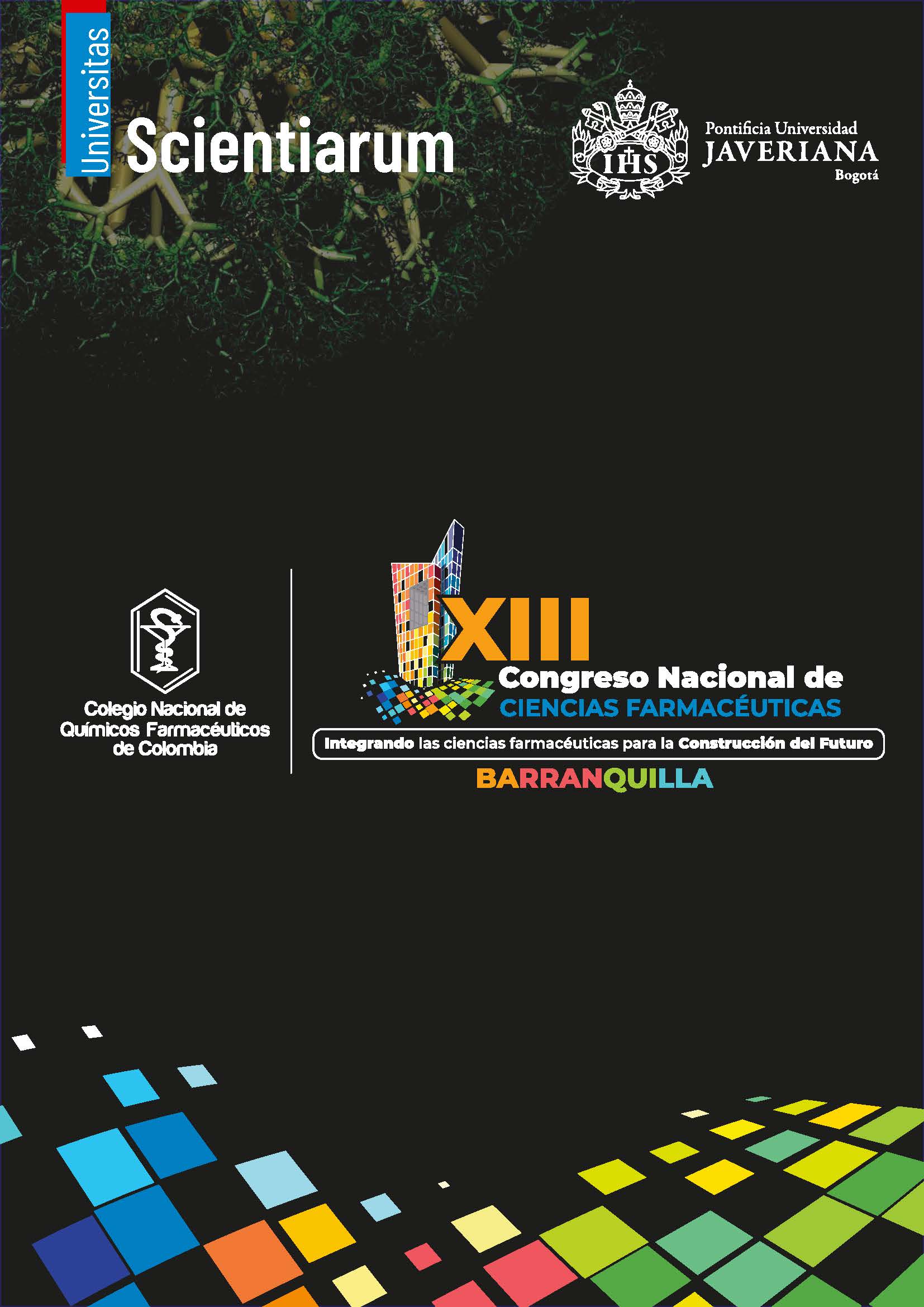Abstract
The growing demand for avocados in Colombia has led to a significant increase in production, which in turn generates a large amount of waste, primarily seeds, constituting approximately 25 % of the fruit. This waste has negative environmental impacts. Although some initiatives for reusing avocado waste exist, the utilization of its seeds in the cosmetics industry is still limited. However, studies have shown that oil extracted from avocado seeds contains valuable fatty acids, including linoleic, oleic, and palmitic acid. The increasing demand for natural cosmetics presents an opportunity to capitalize on this waste, as avocado seed oil is valued for its hydrating properties due to its richness in monounsaturated and polyunsaturated fatty acids. The aim of this study was to develop a liposome formulation to encapsulate avocado seed oil and enhance its moisturizing effects by improving skin penetration, thereby offering a potential solution to the problem of agricultural waste. Avocado seed oil was first extracted and characterized to determine its physicochemical properties, including density, acid value, and peroxide value. Then, the liposomes were prepared using the ethanol injection method and a Plackett-Burman experimental design. Variables analyzed included stirring time and speed, oil concentration, the presence of polysorbate 80, and the use of rotary evaporation. Particle size and encapsulation efficiency were measured as response variables. The prepared liposomes had particle sizes ranging from 100 nm to 1.6 µm. Statistical analysis showed no significant effect of any individual factor on particle size or encapsulation efficiency. However, the interaction between oil concentration (percentage) and solvent evaporation appeared to have some influence both. Encapsulation efficiencies ranged from 10 % to 72.57 %, with formulation eight achieving the highest efficiency. These findings demonstrate the potential of encapsulating avocado seed oil in liposomes for the cosmetic applications. Furthermore, the ethanol injection method proved to be effective for creating avocado oil-containing liposomes. This formulation represents a viable and sustainable alternative for producing high-value moisturizing ingredients from agricultural waste.

This work is licensed under a Creative Commons Attribution-NonCommercial 4.0 International License.


